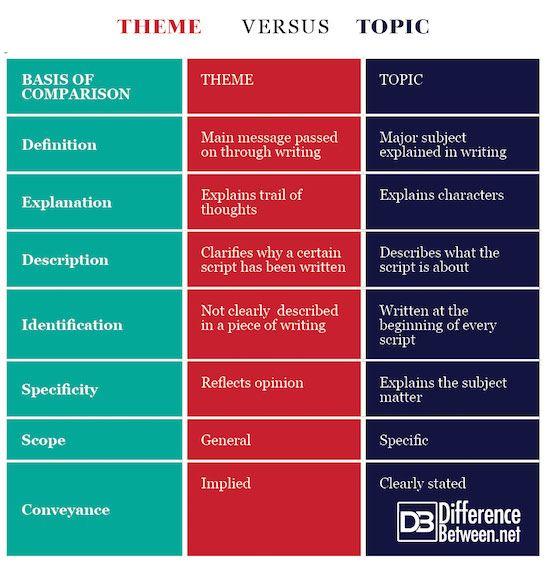In the evolving landscape of displacement and humanitarian response, a new report sheds light on the changing protection experiences of Eritrean refugees. The May 2025 MMC Research Report, published on ReliefWeb, offers a comprehensive analysis of the challenges and adaptations faced by displaced Eritreans as they navigate complex migration routes and shifting policies. As conflicts persist and geopolitical landscapes shift, understanding these experiences is crucial for shaping effective responses and ensuring the safety and dignity of those forced to flee. This report not only highlights the critical need for tailored support mechanisms but also calls attention to the resilience and agency of Eritrean refugees as they confront the uncertainties of displacement. Through firsthand accounts and statistical insights, the report urges policymakers, humanitarian organizations, and the global community to re-evaluate their approaches in addressing the plight of one of the world’s most vulnerable populations.
Shifts in Protection: Analyzing the Evolving Experiences of Displaced Eritreans
The protection landscape for displaced Eritreans has undergone significant transformation in recent years, reflecting a complex interplay of geopolitical factors and humanitarian responses. Displaced individuals now face a myriad of challenges as they navigate their legal status and access to essential services. Key issues identified include:
- Legal Barriers: Many Eritrean refugees encounter obstacles in obtaining asylum, with changes in host country policies leading to fluctuating recognition rates.
- Safety Concerns: Reports indicate an increase in xenophobic incidents, leaving many Eritreans vulnerable to violence and discrimination.
- Access to Resources: While some regions have improved access to healthcare and education, disparities still exist, often dependent on local political climates.
In stark contrast, community initiatives and international collaborations are emerging as lifelines for displaced Eritreans, fostering resilience amid adversity. These initiatives include:
- Grassroots Support Networks: Enhanced mobilization of local resources has led to the establishment of support groups that provide legal assistance and mental health services.
- NGO Partnerships: Non-governmental organizations are increasingly collaborating with governments to improve the protection frameworks, facilitating more inclusive approaches to refugee assistance.
- Awareness Campaigns: Efforts to raise awareness about the plight of Eritrean refugees have resulted in a broader advocacy for their rights on both local and global stages.
| Challenges Faced | Community Responses |
|---|---|
| Legal Barriers | Legal aid programs initiated by NGOs |
| Safety Concerns | Community watch groups |
| Lack of Resources | Food and clothing drives |
Key Insights from the MMC Research Report on Eritrean Refugee Protection Challenges
The MMC Research Report highlights several crucial findings regarding the protection challenges faced by Eritrean refugees. Key insights reveal a significant shift in the patterns of displacement and asylum. Refugees reported overwhelming concerns related to host country policies, which often lack comprehensive frameworks for asylum seekers, leading to prolonged uncertainty and anxiety. Additionally, the report underscores the increasing prevalence of xenophobia and discrimination, which exacerbates the vulnerabilities of Eritrean refugees, making access to essential services more difficult during their integration into new communities.
Moreover, the data indicates a striking divergence in protection experiences among refugees based on their geographic location. Those in urban areas often encounter different challenges compared to their rural counterparts, including varied access to legal assistance and humanitarian support. The report categorizes these experiences, highlighting the need for tailored interventions to effectively address the unique circumstances of Eritrean refugees. The following table summarizes distinct challenges reported across regions:
| Region | Primary Challenge | Potential Intervention |
|---|---|---|
| Urban Areas | Limited access to legal assistance | Establish mobile legal aid clinics |
| Rural Areas | Isolation from humanitarian services | Increase outreach programs |
| Border Regions | Heightened security risks | Enhance protection mechanisms |
Recommendations for Strengthening Support Systems for Eritrean Displaced Communities
The resilience demonstrated by Eritrean displaced communities underscores the urgent need for enhanced support systems to effectively address their evolving challenges. Collaboration among local, regional, and international stakeholders is essential to foster an environment where displaced individuals can rebuild their lives. Key strategies include:
- Access to Education: Ensuring that children and youth in displacement receive quality education that is inclusive and culturally relevant.
- Healthcare Services: Implementing comprehensive health programs, including mental health support, tailored to the specific needs of displaced populations.
- Legal Assistance: Providing legal support to help individuals navigate asylum processes and protect their rights.
- Livelihood Programs: Creating job training and employment opportunities to enable economic self-sufficiency.
In addition to immediate support, long-term strategies must be established to ensure sustainability. Empowering local organizations that work directly with these communities can foster trust and enhance service delivery. Prioritizing community-led initiatives will allow for a more responsive and culturally appropriate approach. Consider these focal areas for improved support:
| Focus Area | Action Point |
|---|---|
| Community Engagement | Increase involvement of displaced persons in decision-making processes. |
| Policy Advocacy | Strengthen advocacy efforts for policies that protect displaced communities. |
| Resource Allocation | Ensure adequate funding is channeled to support innovative programs. |
Future Outlook
In conclusion, the “Shifting Protection Experiences of Displaced Eritreans” report sheds light on the evolving challenges faced by this vulnerable community, as outlined in the May 2025 MMC Research Report. As displacement continues to impact Eritreans, understanding their protection needs has never been more critical. The findings underscore the necessity for tailored humanitarian responses and advocacy efforts that prioritize the voices and experiences of displaced individuals. With ongoing geopolitical shifts and humanitarian crises, it is imperative for stakeholders, including governments and NGOs, to adapt their strategies to ensure the safety, dignity, and rights of Eritrean refugees and asylum seekers. This report serves as a call to action, urging the international community to respond effectively to the dynamic protection landscape that displaced Eritreans navigate daily. As we move forward, it is crucial to maintain a focus on their unique circumstances and to work collectively for solutions that offer hope and security for a brighter future.







